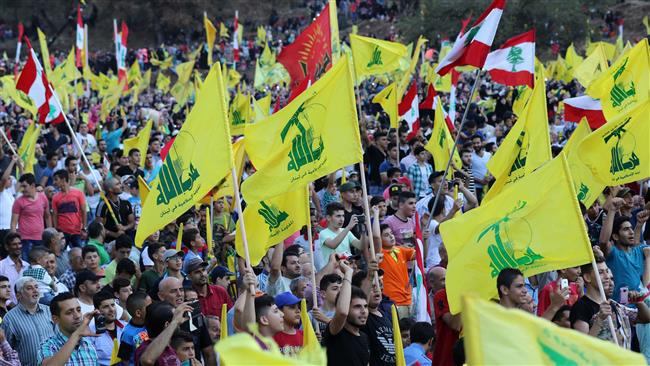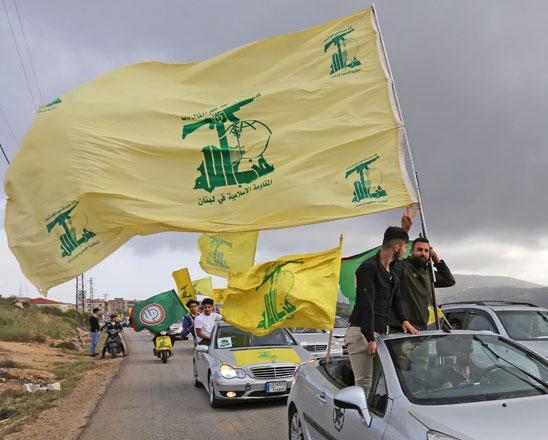You are here
No victor in Lebanon first-round presidential vote
By AFP - Apr 23,2014 - Last updated at Apr 23,2014
BEIRUT — Lebanon’s parliament failed to elect a new president on Wednesday, with no candidate securing the two-thirds of the votes needed to win and many lawmakers leaving their ballots blank.
With the parliament divided between two powerful blocs, one centred around the Hizbollah movement and the other opposed to it, the outcome had been expected.
The parliament will now hold a second vote on April 30, in which the winning candidate will need only a simple majority of 65 votes.
On Wednesday, 124 of the parliament’s 128 members were present, with 48 casting their ballots for Samir Geagea, the candidate backed by the March 14 movement that opposes Hizbollah.
Observers had predicted Geagea would fail to win the two-thirds majority required because of his fierce anti-Hizbollah stance.
But speaking after the vote, he said he would not drop out of the race.
“I will continue with my candidacy. We are not going to compromise, and the other party must name a candidate so there can be democratic elections,” Geagea said.
Members of the rival March 8 bloc centred around the powerful Shiite Hizbollah movement have not officially backed a candidate, and most of its members appeared to have submitted blank ballot papers — 52 in total.
A second candidate, Henri Helou, who is backed by members of a small bloc of independents and centrists, won 16 votes.
One vote was submitted for former president Amine Gemayel, and seven votes were deemed void.
Hizbollah’s bloc, which holds 57 seats in the parliament, has yet to announce its support for a candidate.
But its supporters strongly oppose Geagea for his anti-Hizbollah stance, and other critics point to his convictions for crimes committed during the country’s 1975-1990 civil war.
Several lawmakers marked their ballots with the names of political figures Geagea was convicted of killing during the conflict.
Lawmakers must pick a replacement for President Michel Sleiman before his term ends on May 25, but the political class remains deeply divided over the issue of Hizbollah’s arsenal and the war in neighbouring Syria.
The March 14 bloc, led by Saad Hariri, the son of assassinated former prime minister Rafiq Hariri, wants Hizbollah’s military power reined in and largely backs the uprising against Syria’s President Bashar Assad.
Hizbollah and its supporters say it needs its weapons to protect Lebanon from Israel, and the Shiite movement has sent thousands of fighters to Syria to support Assad’s forces.
The Syrian conflict has raised tensions in Lebanon and spilled over the border.
On Wednesday, a security source said four rockets fired from Syria landed in uninhabited areas in the Baalbek region of eastern Lebanon.
Related Articles
BEIRUT, Lebanon — Lebanon’s parliament is set to re-elect Nabih Berri as its speaker on Wednesday, extending the veteran politician’s tenure
BEIRUT, Lebanon — Hizbollah and its political allies won just over half the seats in Lebanon’s parliamentary election, unofficial results sh
Lebanon’s sometime kingmaker Walid Jumblatt announced Tuesday he was backing lawmaker Henri Helou for president, a day before parliament meets to vote on the post.













